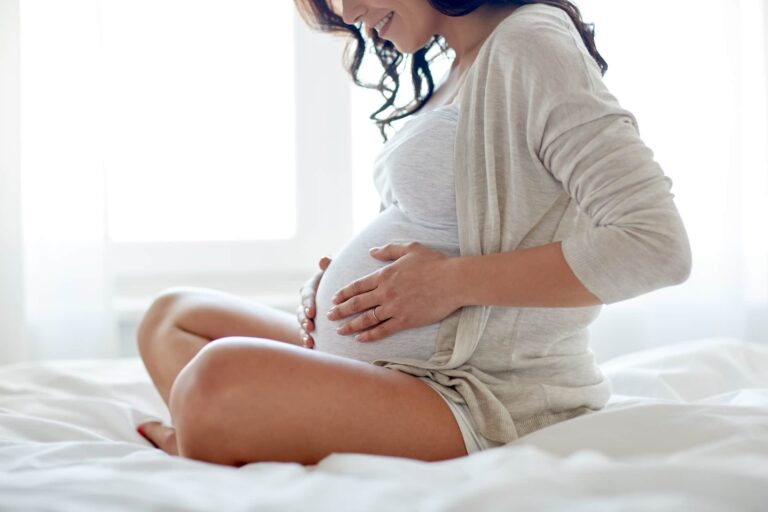
Low haemoglobin during pregnancy: what causes it?
What causes low haemoglobin during pregnancy? And what are the remedies? Let’s find […]
Iron is an essential nutrient for the well-being of women of all ages. In Italy, approximately 7.1 % of women suffer from iron deficiency for diet-related reasons. In this study, we will find out what the symptoms of iron deficiency in women are.
Before we talk about the symptoms of iron deficiency in women, it is important to look into the role of iron at all ages.
Iron is considered an essential nutrient for the body as it plays an important role in numerous physiological processes. Iron specifically facilitates:
The main causes of iron deficiency in women are:
A mild iron deficiency is often asymptomatic and can only be diagnosed by a physician after the prescribed blood tests to monitor the so-called blood iron level, i.e., the balance and metabolism of iron in the body.
When there is a major iron deficiency, however, some of the following symptoms may occur:
In cases where the iron deficiency develops rapidly (e.g., in the case of trauma with significant blood loss, gastrointestinal bleeding caused by ulcers or infections), the following symptoms may be added to the typical symptoms listed above:
In any case, a doctor will investigate the causes of the iron deficiency and propose the most suitable remedies to restore normal levels of iron in the blood.
An increased need for iron occurs mainly during pregnancy and whilst breastfeeding. During the gestation phase, the iron requirement can rise to 30 mg per day, compared with 14 mg per day for the childbearing. In general, in the pre-conception diet and in the very first weeks of pregnancy, gynaecologists recommend a diet with iron-rich foods to support the iron resources already present in the mother’s body. During the third trimester of pregnancy, the foetus also begins to accumulate its iron reserves to prepare for the first months after birth, when the only source of iron will be breast milk (or formula milk).
Adolescents and women of child-bearing age may also need a higher iron intake to make up for the iron lost during the menstrual cycle (especially in the case of heavy menstruation). In menopausal women, iron can be important to prevent a decrease in reserves due to possible micro-bleeding that can occur with increasing age and/or the use of specific medications.
Under normal health conditions, a varied and balanced diet [link to the diet section] guarantees an adequate daily intake of all the nutrients essential for the well-being of our body. However, some specific physiological conditions may require an increased need for certain nutrients.
When diet alone is not enough to make up for iron deficiency or the increased bodily need for this nutrient, a dietary supplement may be helpful.
The SiderAL® range of dietary supplements is designed to ensure an adequate iron intake in all cases where there is a deficiency or increased need for this nutrient. Sucrosomial Iron® contained in SiderAL® food supplements resists the gastric environment and is absorbed in the intestine without causing the most common discomforts associated with oral iron administration (bad taste, digestive difficulties, irritation of the stomach and intestinal mucosa).
The technology that guarantees the best absorption of Iron.
Find out moreRegistered Office Via Campodavela, 1 56122 Pisa
Tel. +39 050 7846500
Fax +39 050 7846524
C.F. / P.Iva / Reg. Impr. 01679440501
Cap.Soc. € 1.123.097,70
I.V. | REA 146259
pharmanutra.it